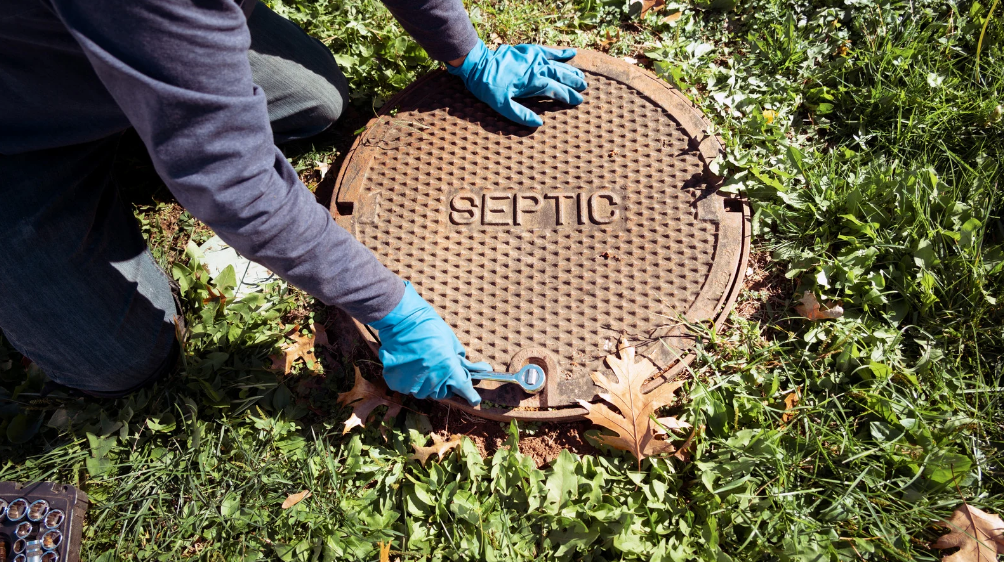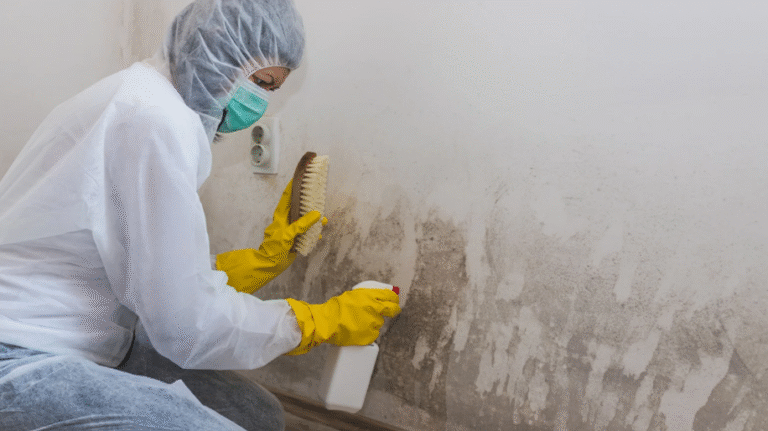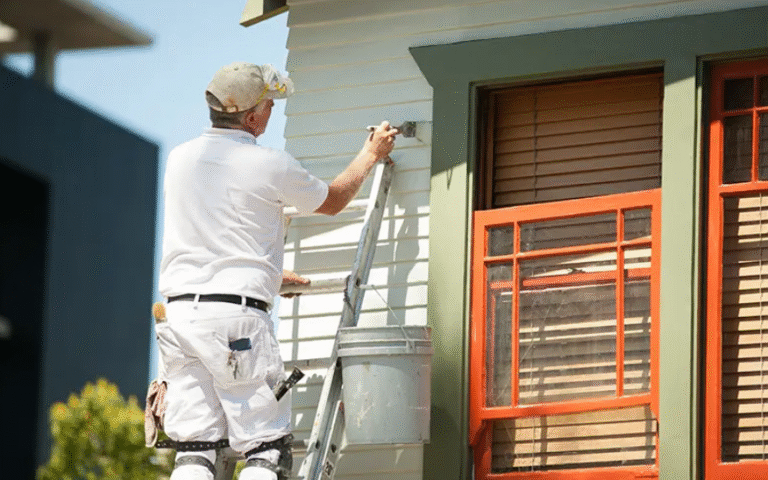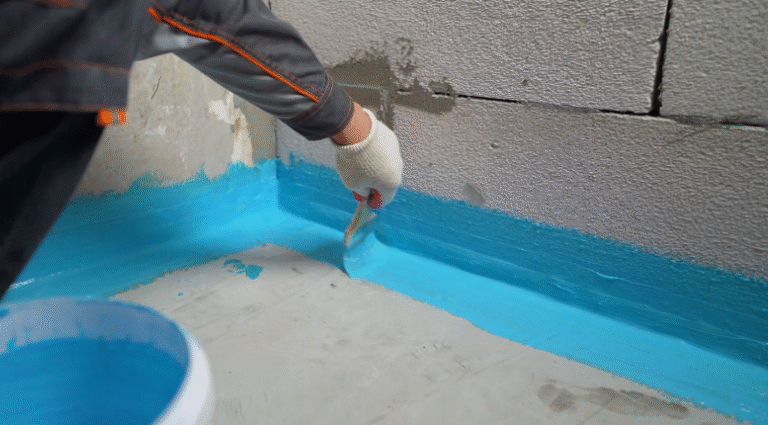Why Scheduling a Septic Inspection is Vital Before Buying a Home
Purchasing a new home is an exciting and significant milestone, but it also comes with many responsibilities and hidden challenges. One often overlooked component is the septic system, especially when buying a property that isn’t connected to a municipal sewer. A failing or poorly maintained septic system can result in unexpected repairs and costly replacements. Ensuring that the septic system is properly inspected before the sale can save time, money, and stress. If you’re considering a property with a private septic system, one of the first things to look into is professional septic tank service in Cumming.
Potential Risks of Skipping a Septic Inspection
Many buyers assume a general home inspection is enough to assess all systems, including plumbing. However, a septic system requires specialized knowledge and tools to evaluate its condition properly. Without an inspection, you may be unaware of hidden issues like backups, structural cracks, or poor drainage that could cost thousands on repairs. It is also crucial to understand how proximity to the home affects system performance. Knowing how far a septic tank should be from your house can reveal whether the system was installed in accordance with best practices and regulations. Improper placement can impact not just the efficiency of the system but also the health of residents and the structural safety of the home.
See also: A Flood-Proof Home’s Major Features
What a Septic Inspection Involves
A standard septic inspection goes beyond checking for foul odors or slow drainage. It includes opening the tank to measure scum and sludge levels, examining the tank’s structural integrity, assessing inlet and outlet pipes, and evaluating drainage through the leach field. Inspections often also include a review of maintenance history, which can reveal how well the system has been cared for by previous owners.
A professional inspection will also check for signs of wear or malfunction in the system’s mechanical parts such as baffles and pumps. These elements may not be visible to a home inspector and require specific expertise to identify properly. Scheduling this step ensures you’re making a safe and informed purchase decision.
Financial and Legal Implications
Neglecting to inspect the septic system before buying a home can result in unexpected expenses that might have been negotiated with the seller beforehand. Septic system replacement can cost upwards of several thousand dollars, depending on the property and size of the home. Moreover, failing septic systems can violate local environmental regulations, leading to fines or mandatory repairs.
Beyond immediate repair costs, a malfunctioning system can lower your property’s value or complicate future resale. Ensuring everything is in working order from the beginning allows you to move forward with confidence and long-term peace of mind.
Identifying Warning Signs Early
While an inspection offers a comprehensive analysis, recognizing potential issues early adds another layer of protection. For instance, unusual sounds from drains, lush patches of grass near the drain field, or slow-draining sinks can be indicators that something is wrong. Understanding the signs your septic system needs professional attention can empower homebuyers to ask better questions during the purchasing process and seek timely support when something feels off.
Conclusion
Scheduling a septic inspection before buying a home is not just a precaution; it’s an essential step in protecting your investment and your family’s safety. A properly functioning system ensures smooth daily living and prevents costly, unexpected repairs. From understanding the right distance between the tank and your home to recognizing early red flags, staying informed makes all the difference. By prioritizing a thorough inspection and relying on skilled professionals for septic tank evaluations, homebuyers can confidently navigate their real estate journey with fewer surprises and long-term satisfaction.






